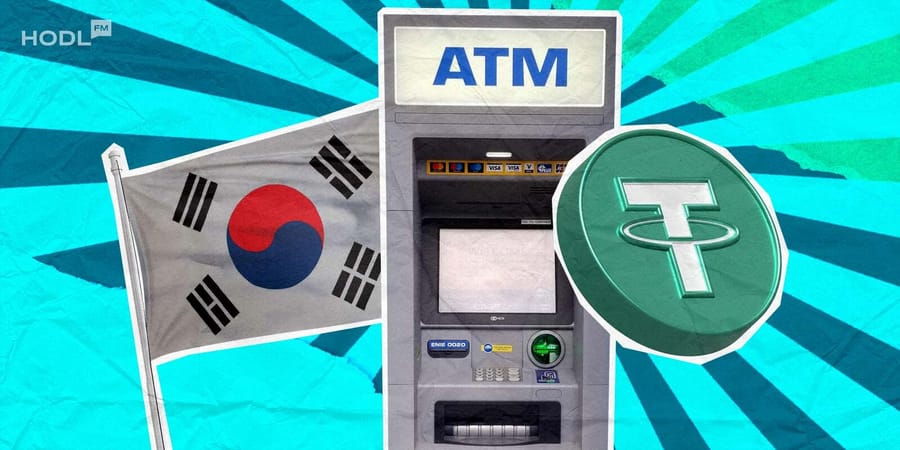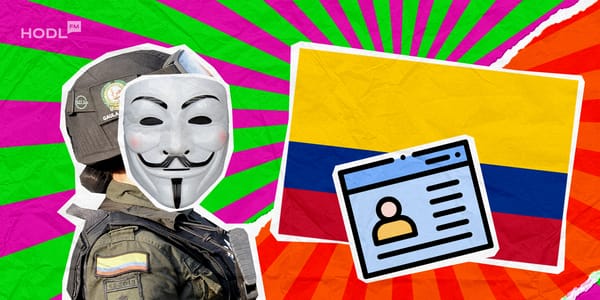South Korea is becoming more active in the cryptocurrency space. The most recent? At well-known tourist destinations, crypto-enabled kiosks allow foreign tourists to exchange stablecoins for actual cash. It's like a preview of what digital payments will look like in the future.
These devices support Kaia-issued USDT, a variant of Tether's stablecoin, and are powered by the Kaia DLT Foundation and DaWinKS, a South Korean blockchain company. Fun fact: The blockchain on which USDT is based was created by the merger of Klaytn and Finschia, two projects supported by tech behemoths like Kakao and the Japanese app LINE.
How do these things operate, then? They can be loaded onto local transit cards or used to withdraw fiat money in 85 different currencies by verified tourists. The machines are a part of the infrastructure that residents already depend on because they are placed in locations like convenience stores and transit hubs. That sounds fantastic, doesn't it?
Crypto Kiosks' Difficulties and Regulatory Uncertainty
The worst part is that they are only available to tourists. Ignore it if you're a local. You're out of luck even if you know a lot about crypto. Despite the fact that this pilot program is intended for tourists, locals have noticed and attempted to gain unauthorized access to these machines. It makes you wonder: is there a greater need for stablecoin cash-out services than the government is willing to acknowledge?

The chairman of the Kaia DLT Foundation, Dr. Sangmin Seo, recognizes that "know-your-customer" regulations, or KYC, present a significant obstacle in the industry. It seems that one of the main obstacles to offline Web3 adoption is KYC. Who would have thought that identity verification would be such a bottleneck?
Even though there is still some fragmentation, there is a strong desire to advance the stablecoin agenda. The messy part is that there isn't yet a single, cohesive stablecoin regulatory framework in South Korea. Lawmakers from the ruling and opposition parties are introducing various bills that clash over reserves, issuer licensing, and enforcement mechanisms, which is causing some drama in the government.
However, President Lee Jae-myung has not been deterred by this uncertainty. With new laws to control and broaden stablecoin issuance in the works, he is advancing a crypto-friendly agenda. Companies with at least 500 million won ($366,749) in equity could issue stablecoins under the proposed Digital Asset Basic Act; in order to combat capital flight, a won-pegged version might even be possible.
The real test for South Korea, however, will be in incorporating cryptocurrency into daily life without going too far beyond the bounds of the law, not just stablecoin ATMs. As part of a sandbox model, the machines in commercial areas enable companies to test crypto infrastructure before regulations catch up.
The devices are already demonstrating how financial technologies can be seamlessly integrated with conventional payment methods, as Dr. Seo explains. Consider how cryptocurrency connects debit cards, coupons, and even medical payments. However, despite all the potential, the future depends on how legislators respond to the regulatory issues surrounding stablecoins, such as who can issue them and how reserves are managed.
Therefore, even though it's early, South Korea's pilot program suggests that, if the regulations are correct, the adoption of cryptocurrencies may be closer than we think.

Disclaimer: All materials on this site are for informational purposes only. None of the material should be interpreted as investment advice. Please note that despite the nature of much of the material created and hosted on this website, HODL FM is not a financial reference resource, and the opinions of authors and other contributors are their own and should not be taken as financial advice. If you require advice. HODL FM strongly recommends contacting a qualified industry professional.





